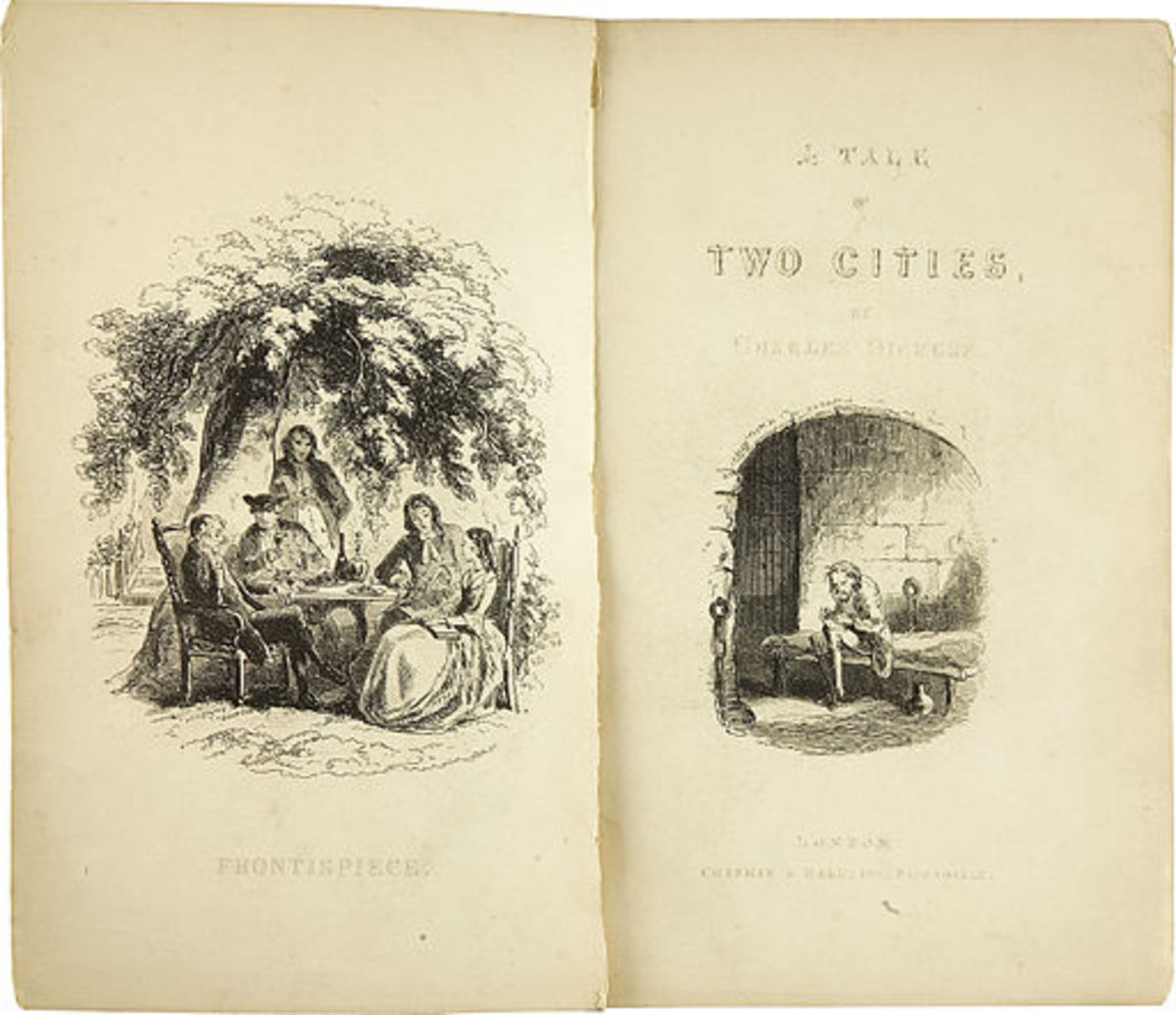3 Laws to Writing Great Internet Content
The internet is a great place to write articles about topics that people will want to read. It has an insatiable appetite for new and original content produced by anyone who is will ingot put it up on the intern et. This has created a dramatically different form of language. Most freelance writers, literature writers, and newspaper writers stick to the strict form of English writing they were taught. However, there is something to be said about the rules that still apply to producing great content. People that don’t stick to these rules tend to lack creditability, and are throwing fancy words, big paragraphs, and pithy sentences out there faster to help create unoriginal content. However, this is a new generation of internet readers, and they are not interested in words from a professor with a stick up his butt. However, in this article I will try to help you make your articles more compelling and interesting than any of your previous writings by following three simple laws of writing.

Do You Write To?
Law #1 Don’t write Big Paragraphs
With the rise of television, YouTube, and twitter, there is a constant lack of attention by people and this attention span is only shrinking. In the freelance world, it typically means that when your readers are presented with very large paragraph to read they will typically skip it or scan for the main talking points if they can find them. On the internet, they have plenty of distractions if you want them not to switch to one of them don’t give them a reason. It’s not in your interest to lose a reader. Present small bits of information first with a small paragraph they will then feel that they can get their tongue wet, and they will continue reading since it only contains two more sentences. Shorter paragraphs slowly bring them in to your topic where a larger one requires a more sustained attention span.
Law #2 Don't Use Fancy Words
There are writers among us, who like to make the case of showing their knowledge of the English language. They want their readers to know that there superior intellect that allowed them to write this enormous article on whatever content their writing is the only authority they need to read for the facts, well it’s not. The idea behind this is to tailor your writing to your audience. It’s tempting to use those big words when you’re writing to be showy or because it makes you feel like a great writer. But, the fact of the matter is that most of your audience won’t understand what you are trying to tell them if they are constantly trying to figure out what a particular word means. They will just hit something else on their browser and off they go not reading your content. If, your writing permits the use of a fancy word then go ahead and use it just don’t use fancy words for the sake of using them. You will just disillusion your readers.
Law #3 Don't Use Pithy Sentences
Many professors of the English language will tell you to leave out unnecessary words while writing. This makes for clear and concise communication with your readers, and gets to the point quicker without have to ramble. There is a small downside to this method, and that is that your sentences become ridged and hard to read. They lose the attitude and emotion that you use to portray the conversational tone that readers like. This is another big turn off with your readers and they will become bored and go somewhere else. The biggest thing to remember is to write for your audience. Why? Because, web content has to interest the reader that is reading your article not satisfies some uppity English professor with a stick up his butt. Many web readers don’t read too much as it is and will find pithy sentences hard to digest and challenging. Your intent should be to entertain the reader and bring your point across as easily as possible.
The internet has a international reach with millions of people logging onto it every day. The need for more web content will increase 20 fold every month. More people with come on and more writers or aspiring writers will join the plunge. In the end, the better writers will be out on top. Those who write boring and dull content will make a lower wage for the reasons stated in these three laws. Understand who your audience is and give them what they want. If, your audience is Shakespeare write like Shakespeare if your audience is to entertain and inform quickly then write to that audience. If, you can do that you will always have something to write about and a job because your will be a freelancer in demand.
- How To Chose a Topic that Will Get Traffic
People are always struggling with creating new and interesting content. There are a number of ways in which you can get fresh ideas for new and unique content here are some great ideas to get you started - 5 Tips to Article Marketing
There are many ways to generate free traffic. One of the best ways to do that is to write articles and submit them to places that will provide you a back link for those articles. The major issue with article marketing is not that there is a lack of i







